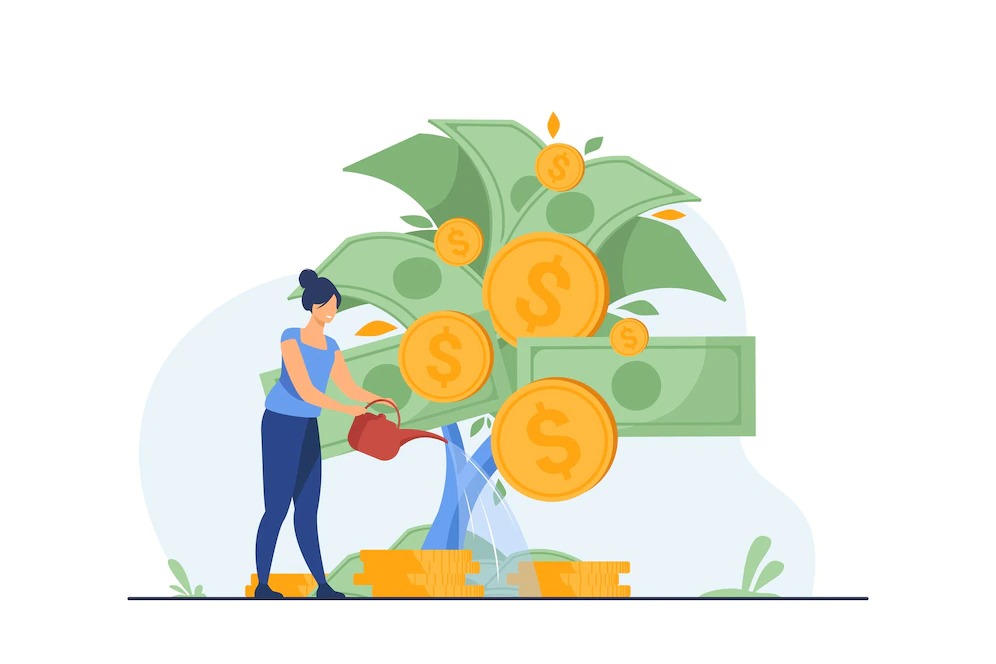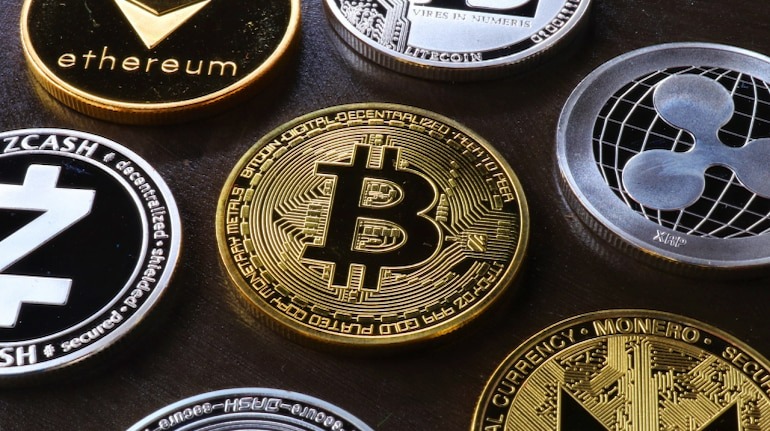
What is democracy? Democracy is a set of binding electoral institutions that effectively translate popular views into public policy. Democracy is premised on the idea of political equality. That means everyone has only one vote to cast irrespective of their political, economic and social status.
Capitalism is not about equality – political or economic. Capitalism is fundamentally about economic freedom: Freedom to buy and sell, freedom to invest and make a profit, and freedom to reap the rewards of one’s work, capacity or luck. It does not matter whether one is rich or poor.
By giving the right to vote to the subaltern or common man, democracy inevitably tends to put restrictions on economic freedom. As said in the definition of democracy, the government has to make public policies to reflect popular views, so it affects economic freedom.
When that economic freedom is affected excessively, it tends to have an effect on the return on investment. In such situations, the capitalists simply refuse to make investments and often punish democracy. The term investment strike or capital strike best expresses the above phenomenon.
A capital strike may arise from the belief that by withholding investment, certain political or economic changes may be achieved or from a combination of two.
To conclude, faced with a government going supposedly too far in the direction of the poor, the capitalist can simply refuse to invest.


